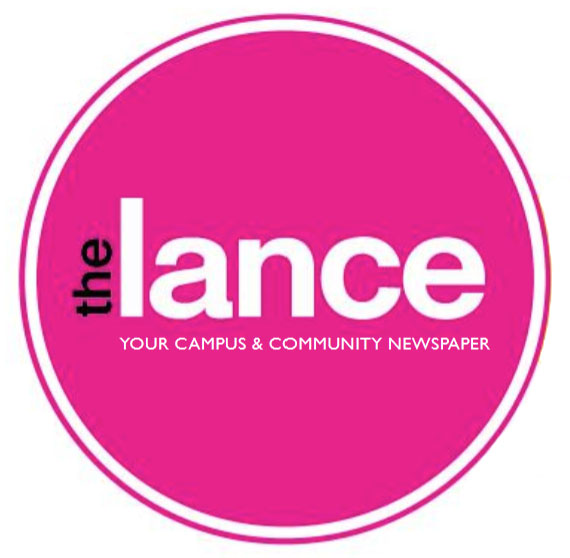UWindsor Lance
Issue 36, Volume 85
March 27, 2013
Jon Liedtke
There’s a saying that’s been going around the internet for the past while and it’s quite apt: “If your product was any good, you wouldn’t need sexism to sell it.” This quote slipped into my mind as I was driving down Walker Road and saw a new billboard for radio station The Rock.
The billboard features the text “We’re Back. Real Rock,” which takes up two-thirds of the ad, while the remaining third features a photograph of a woman taken from behind, standing topless, wearing form-fitting jeans.
Using the female form is an age-old trick in advertising. It draws the attention of potential customers—namely males— and this is exactly what advertising managers seek to do.
What this advertisement truly demonstrates is what The Rock’s target demographic is: those interested in seeing such an advertisement.
What does a topless woman have to do with The Rock or radio more generally?
Absolutely nothing.
Robert Jensen and Sut Jhally are both pro-feminist cultural critics and the two of them have accused mass-media and advertising in general of promoting the objectification of women to help promote goods and services.
It’s hard to disagree with this claim when it comes to The Rock’s new advertisement.
It has also been argued that there are numerous negative consequences with this form of advertising strategy, including women feeling inadequate in comparison to models, urealistic expectations by men of how women should look or behave, stereotyping of women which limits their societal or career opportunities, psychological disorders (body dysmorphic disorder, anorexia, bulimia), acceptance of such form of advertising and a potential increase in the likelihood and acceptance of sexual violence.
I don’t believe that The Rock is out to neither harm women, limit their opportunities or stereotype them, but were simply trying to increase their ratings and listenership through an advertising campaign.
Did they think of the drawbacks and negative attention from this ad campaign?
Potentially If they did, they weighed the pros and the cons, and as the age old
adage goes, “no press is bad press.”
If these types of advertisements are ever going to be a thing of the past, we as members of society must remain vigilant in pointing them out, criticizing them
and boldly stating that we will not accept them.
Windsor was ranked as one of the seven most intelligent communities in the world by Intelligent Community Forum in 2011. It’s time that we start acting like it and demanding that advertisers treat us residents as such.
do you concur? Selling it with Sex
Issue 36, Volume 85
March 27, 2013
Jon Liedtke
Page 11
Jon Liedtke was the Features and Opinions Editor, Associate News Editor, Advertising Manager and Deficit Consultant at the UWindsor Lance.




Leave a Reply